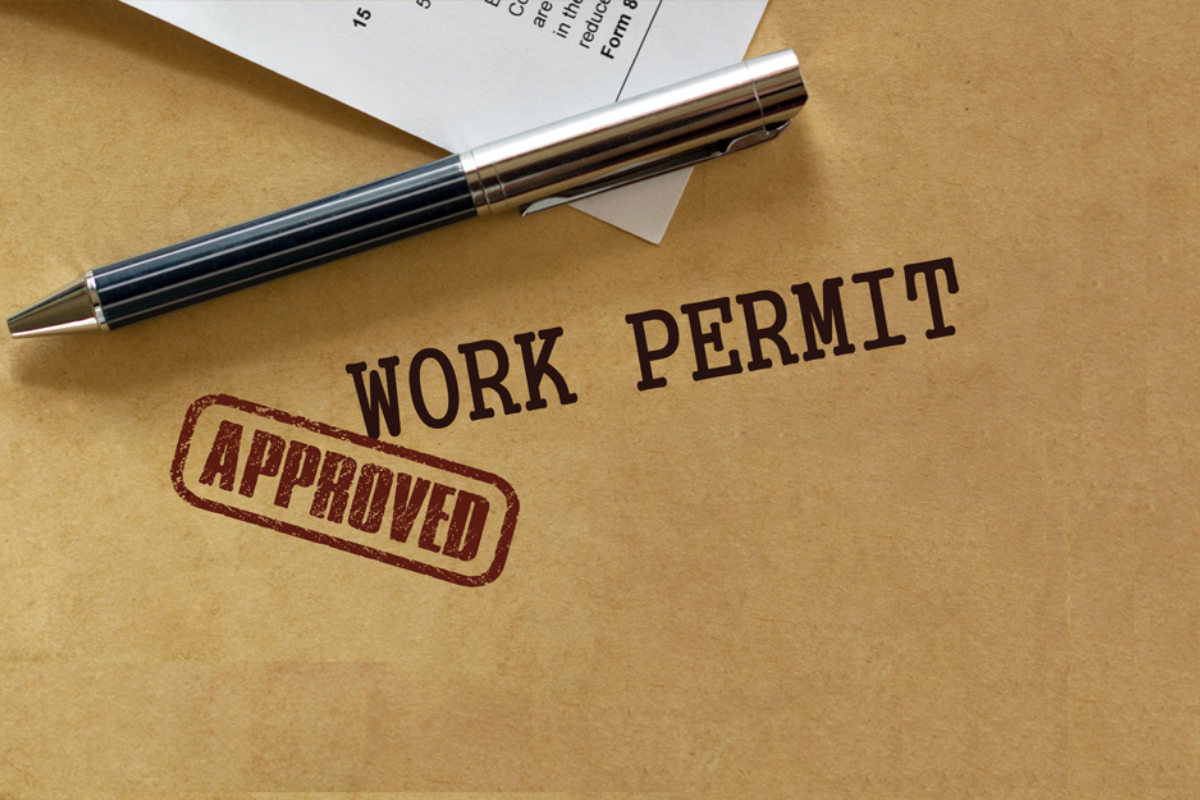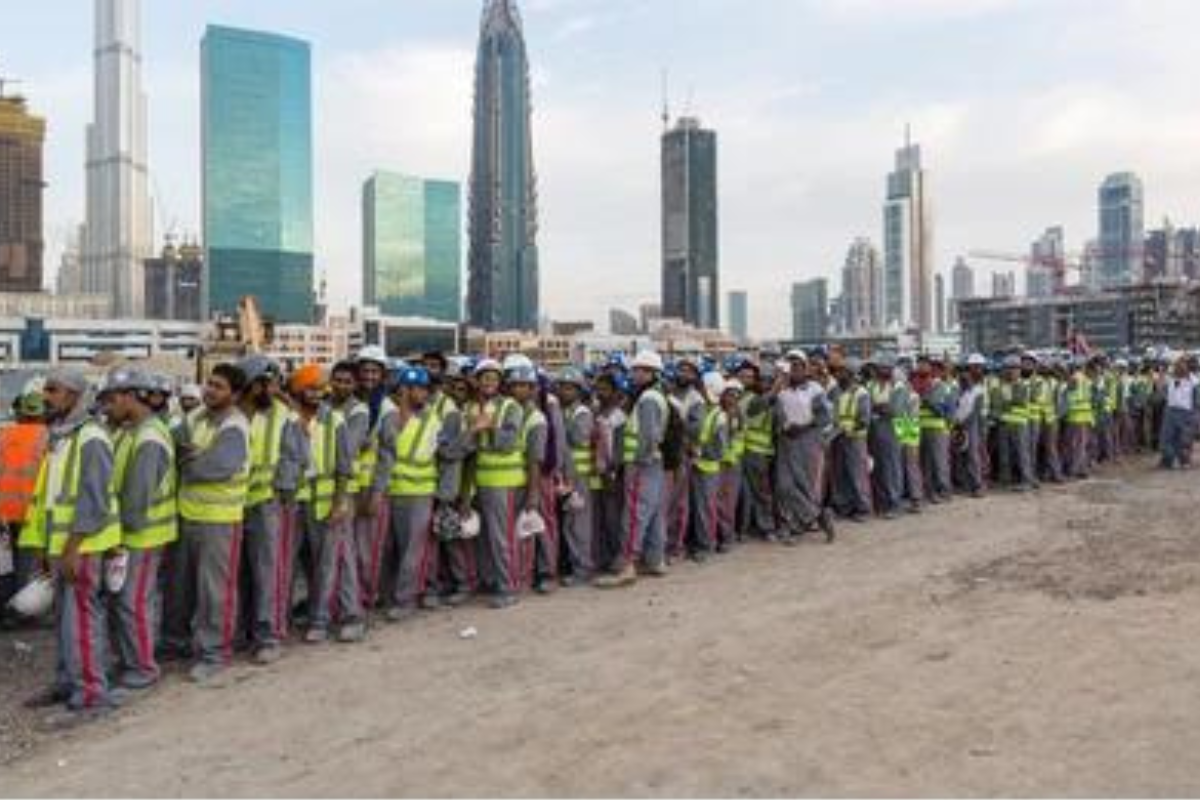Highlights
I. Introduction
Brief overview of the current job situation in UAE.
Significance of the changes in work permit rules.
II.Background
The previous rules regarding work permits in the UAE.
Impact of these rules on employees and employers.
III. The New UAE Work Permit Rules
Detailed explanation of the newly implemented changes.
Immediate effects of these changes on the job market.
III. Implications for Employees
Potential benefits for employees due to the changes.
Possible challenges employees might face.
III. Implications for Employers
How the new rules may influence the hiring process.
Potential effects on company policies and procedures.
IV. Comparisons with Other Countries
Comparison of the UAE’s new rules with similar rules in other countries.
Implications of these comparisons for employees and employers.
V. FAQ Section
What prompted the changes in the UAE work permit rules?
Who will be affected by these changes?
How will the new rules impact employees’ rights and benefits?
What are the potential challenges for employers under the new system?
How does the UAE’s new policy compare to other countries?
VI. Conclusion
Summary of the changes and their potential impacts.
Closing thoughts on the future of the job market in the UAE under the new rules.
The United Arab Emirates (UAE) has always been a hub for international workers, boasting a multicultural workforce integral to its booming economy. The nation is famed for its infrastructural magnificence, high living standards, and rewarding job opportunities. However, the ever-evolving dynamics of the job market necessitate frequent alterations in employment laws and regulations. One such critical area of legislative focus is work permit rules. The UAE government recently announced significant changes in this domain, modifications set to impact employees and employers alike.
Background
A work permit is a legal requirement for any employee to work in the UAE. Previously, the rules mandated a fixed tenure of employment with a company, wherein the employee was bound to complete at least one year with the employer after the probationary period. Although these rules were designed to provide stability to employers, they also resulted in certain constraints for employees seeking flexibility. However, the recent modifications herald a new employment flexibility and mobility era in the UAE job market.
The New UAE Work Permit Rules
The new changes signify a shift towards more employee-friendly regulations. The most noteworthy among these is that the one-year minimum employment mandate post-probationary period now extends only upon mutual agreement between the employer and the employee. This change marks a significant departure from the rigid tenures of the past, fostering an environment where employee satisfaction and compatibility with the organization are emphasized.
Furthermore, the new rules have proposed waiving work permit fees in cases where an employee changes jobs. This provision encourages greater mobility and freedom for employees in choosing their professional paths. It also lightens the financial burden often associated with job changes, smoothing the transition.
Implications for Employees
These modifications to the work permit rules bear multiple benefits for employees. Firstly, flexibility in employment tenure promotes professional growth and exploration. It allows employees to adapt their career trajectories according to their evolving personal and professional needs. The possibility of waiving work permit fees when changing jobs further bolsters this advantage, making it financially easier to transition between jobs.
The UAE also introduced an unprecedented unemployment insurance scheme for all employees, effective January 1. The scheme is compulsory for all workers in the UAE. Those who fail to subscribe by the end of the grace period on June 30 will face penalties. This initiative provides an added layer of security for employees, protecting them against the financial implications of unexpected job loss.
Implications for Employers
While these changes primarily favor employees, they also offer advantages to employers. A flexible work environment often correlates with higher employee satisfaction, which in turn can lead to increased productivity and lower turnover rates. Employers are also likely to benefit from the reduced costs of work visa applications, which could result in substantial savings for companies that employ many expatriate workers.
Comparisons with Other Countries
Compared to other countries, the UAE’s new work permit rules reflect a global trend towards more employee-centric labor laws. Many countries recognize the importance of worker mobility and job satisfaction in maintaining a healthy and dynamic job market. However, introducing the unemployment insurance scheme sets the UAE apart, as such comprehensive protection for employees is still rare in many parts of the world.
FAQ Section
What prompted the changes in the UAE work permit rules?
The dynamic UAE job market’s evolving needs prompted the changes, focusing on enhancing employee satisfaction and flexibility.
Who will be affected by these changes?
All employees and employers in the UAE will be affected by these changes. They specifically impact expatriate workers who comprise most of the UAE workforce.
How will the new rules impact employees’ rights and benefits?
The new rules offer greater flexibility and mobility for employees, allowing them to change jobs more easily. The unemployment insurance scheme also provides financial security in the event of job loss.
What are the potential challenges for employers under the new system?
Employers may need to adapt to a potentially higher turnover rate. However, they could also benefit from a more satisfied and productive workforce.
How does the UAE’s new policy compare to other countries?
The UAE’s new policy aligns with a global trend towards more flexible and employee-friendly labor laws. However, the introduction of mandatory unemployment insurance sets it apart from many other countries.
Conclusion
The recent changes to the UAE work permit rules mark a significant shift towards a more flexible and employee-centric job market. While the implications of these changes are wide-ranging and multifaceted, the central theme remains clear: a move towards enhancing job satisfaction and securing the financial well-being of employees in the UAE. These changes make the UAE more appealing to global talent and underscore the nation’s commitment to progressive and responsive governance. The future of the job market in the UAE indeed looks promising under these new rules.









